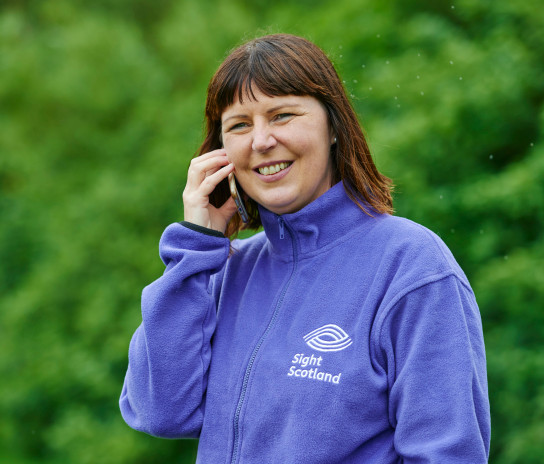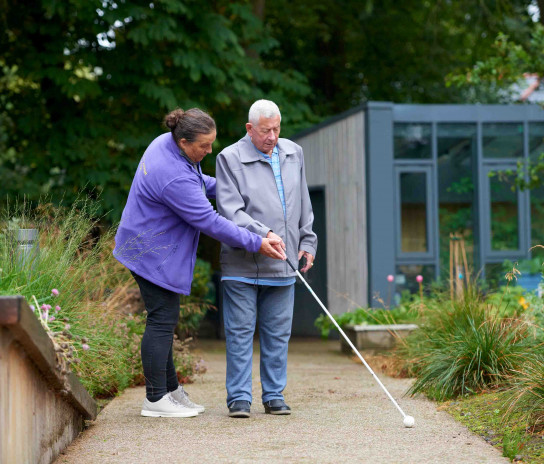Sleep is essential for our general health and wellbeing. It enables the body to repair, fight infections and be fit and ready for another day.
However, a visual impairment can affect the body’s sleep schedule and people with visual impairment can experience more insomnia and tiredness during the day as a result.
Disruption to the body's sleep schedule can lead to insomnia and tiredness during the day. Fortunately, there are techniques you can use to get to sleep faster – and have a better night’s sleep.
In the article below, we discuss a common reason people with vision loss can experience difficulty getting to sleep. We also offer 12 tips that can help people get to sleep.
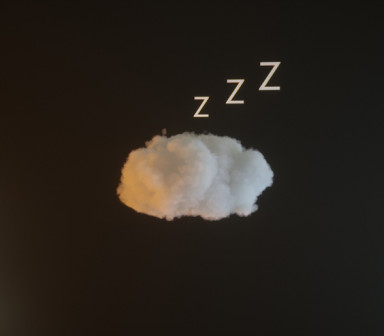
Why people impacted by sight loss can find it hard to sleep well
The main cause of sleep problems for people with visual impairment appears to stem from a disruption to the body’s circadian rhythm.
Circadian rhythm is people's “internal body clock”. It regulates biological processes such as hormone production and sleep.
Each day, our circadian rhythm is reset in accordance with natural environmental cues, such as the rising and setting of the sun. Photoreceptors in the retina of our eyes receive these light cues and signal the approximate time of day to the brain. These processes repeat daily on a cycle that is close to a 24-hour cycle. Someone who is not impacted by vision loss can take this daily synchronization process for granted.
However, a person who is severely sight impaired has a reduced capacity to perceive light – and a reduced capacity to receive these light cues. Even those with milder vision loss can experience issues with their circadian rhythms. This means hormones can be released at the wrong time of day, resulting in inconsistent sleep patterns.
This can lead to fluctuating periods of healthy sleep, punctuated by periods of poor sleep at night, and a corresponding urge to sleep during the day.
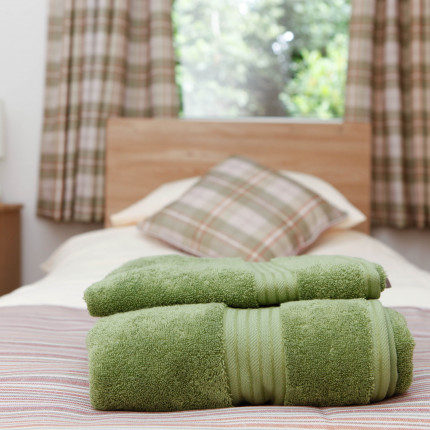
Bad sleep and its effect on mental health
Vision loss, sleep, and mental health are all closely related. Depression and anxiety are issues that can be associated with vision loss and in turn, can lead to sleep issues like insomnia, hypersomnia (oversleeping) or poor quality of sleep. Likewise, a lack of sleep can make depression and anxiety even worse, creating a vicious cycle.
Getting exposure to light
Vision loss can also lead individuals to spend less time outside, and receive less exposure to light. Often, when people start to lose their sight, they become more nervous about going out and isolated. This results in people spending more time indoors – which is especially true for older individuals. Not only does this limit exposure to sunlight, but it also means fewer stimulating activities that may help keep a person alert during the day, and ready to sleep at night.
The cycle can continue. A lack of sleep can negatively impact people's vision. Like other parts of our bodies, our eyes need sleep to recover and work properly. Insufficient sleep can lead to issues like eye twitches, dry eye or redness.
Taking action to improve your sleep
Due to all these reasons, it is so important to keep active as much as you can! Stepping outside for a small walk, or even just soaking up some sun (cloudy or not) can make such a difference.
Whilst vision loss can have an impact on your quality of sleep, there are changes you can make to counteract this. Below are our top tips that might improve your night’s rest.
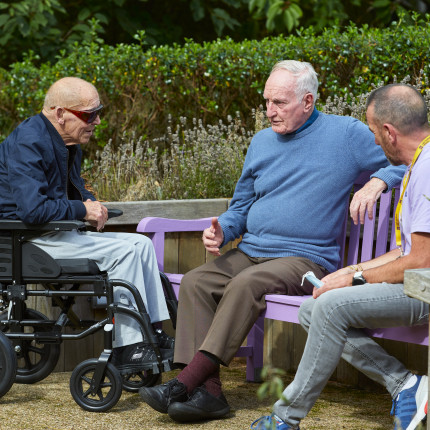
Twelve tips for better sleep:
We hope you try a few of these tips, and they help you get a better night’s rest.
Please feel free to contact us if you have more questions - see our Support Line pages below.
